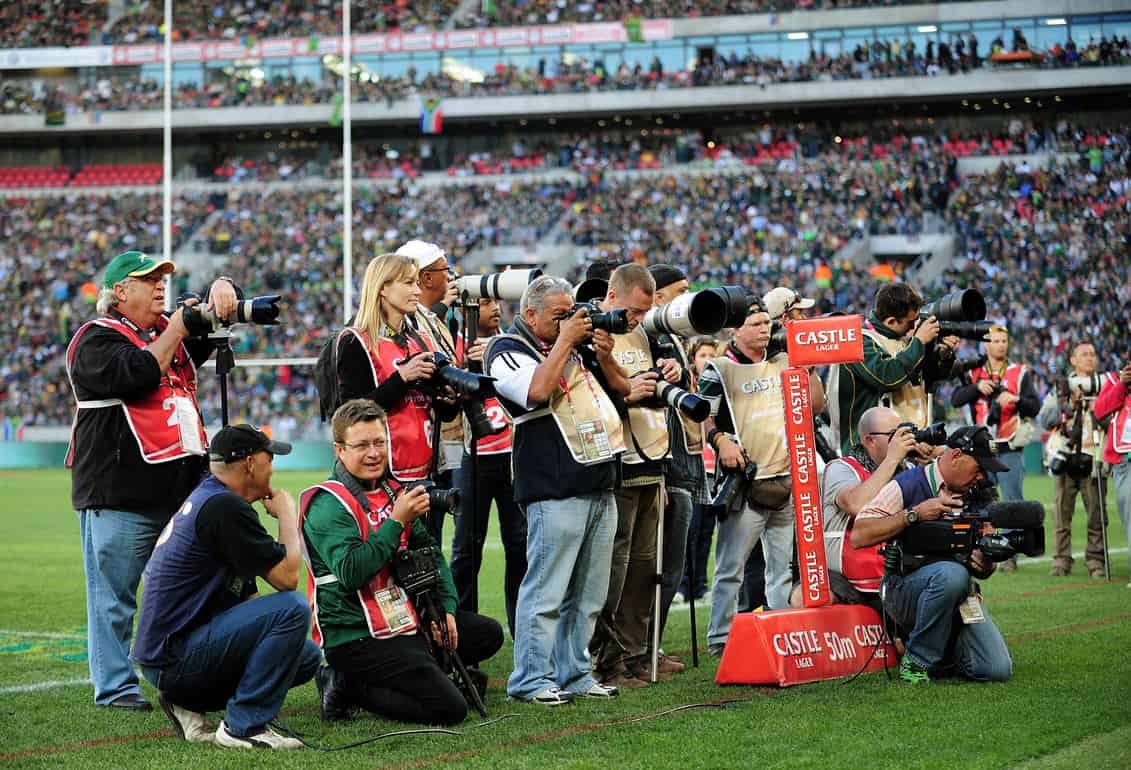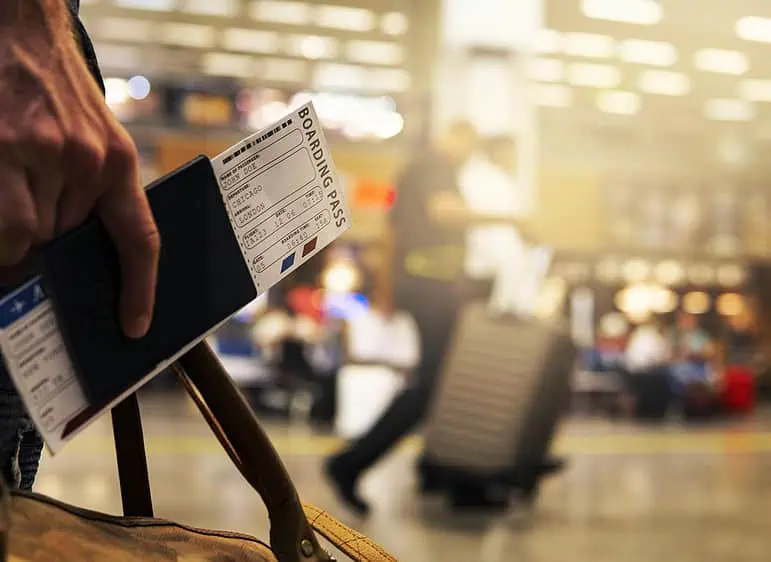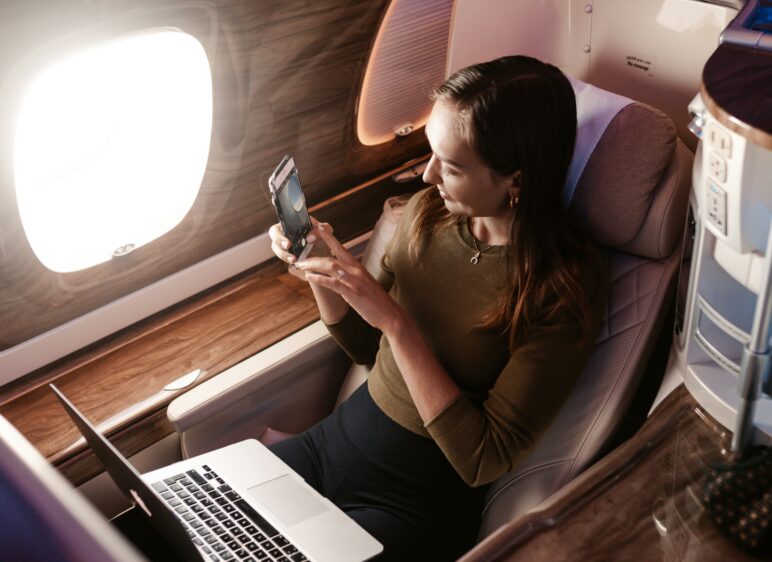Duty of Care in Sport & Media




Security, safety and wellbeing are of vital importance to any travel manager, but when you are responsible for booking and managing the travel of elite athletes, professional sports team or media and production crews who need to arrive refreshed and ready to perform at their best, these factors are amplified considerably. Coupled with this, the need to maintain the requirements of VIP travellers who may attract considerable attention whilst travelling alongside the impact that regular travel may have on the individual who will often have to spend large amounts of time away from home. That’s not even considering if something were to go wrong whilst travelling – weather disruption, natural disasters, a traveller falls unwell, a lost passport or missed connection – they are all things that as travel consultants we’ve lost sleep over at some point. We take a look at the additional requirements needed when creating an effective duty of care agenda for professional sport teams, athletes and media personnel.
In any given week at Travel Places, I overhear the weird and wonderful routes our consultants find solutions for. In addition to this, we secure group and individual travel, accommodation and transfer options to some of the world’s largest and most well attended global events such as the Olympic Games, FIFA World Cup and Rugby World Cup. Operational personnel involved in these events, be it elite athletes, support teams or media crews, are all required to perform at their absolute best when they arrive at the destination, whilst being under considerable pressure and stress. In addition, the frequency of travel and duration away from home, and loved ones, all play a key factor in designing a duty of care programme and travel schedule. Below are the key recommendations we think are vital for ensuring your duty of care programme is best set up to serve sports and media personnel.
1. Pre-trip/Pre-booking consultation
Working closely with your Travel Management Company (TMC), run through your travel policy to review your corporate or organisational requirements against the requirements of your travellers and their travel schedule. Back to back events over coinciding weekends might flag up some interesting routes so if there is not a direct option could you look into charter flights or alternative transfer options, such as train or road? If a traveller is spending more than a few weeks in a location, is there a need to offer them a rented apartment option rather than hotel accommodation so that they feel they have more of a solid base, based on their preference and cost-effectiveness.
By talking through options with your TMC you can often highlight options which may not have at first been obvious and which their global partnerships and network of suppliers can offer. To ensure compliance and budget efficiencies, regularly update and share your travel policy with your internal team and TMC. A vital element of this is to confirm the chain of communications if something were to go wrong whilst personnel are travelling – who should the traveller call and what series of actions does this spark for each scenario.
This does not have to be done for every trip but regular account meetings with your TMC should definitely include a duty of care and travel risk management element.
2. Stay up-to-date
As travel managers, we are all rather clinical when it comes to ensuring we are up-to-date with the latest security hotspots, route disruptions and new transfer options. Don’t hesitate to use your TMC to support you here too. What are the latest government and foreign office recommendations for travel to certain destinations, new routes that have opened or new loyalty schemes that can offer benefits?
3. Traveller tracking systems
It may all sound a little ‘big brother’ but when things go wrong, or you have concerns over a potential threat, you want to be able to get in touch with your travellers directly to confirm that they are safe and to issue advice. New developments in travel risk management solutions allow us to accurately find and communicate with travelling employees impacted by an event. We can automatically monitor trips, proactively notifying those that may be impacted and request they ‘check in’ with their status to determine if they are ok or need assistance. Simultaneously, you are kept fully abreast of developments and your travellers whereabouts so that you are aware of the full situation, in real-time. Partners, such as International SOS, offer tracking solutions which monitor travellers in real-time, allowing you to be on the front foot to plan and act immediately in the event of a crisis or to simply arm your people with information that will keep them healthy, safe and secure. As with all group and corporate travel there is no one-size-fits-all solution as to the best tracking solution so please do not hesitate to speak to your Travel Places representative if you would like to discuss more about the solutions we offer.
4. Who you going to call?
When you are miles away from home and something goes wrong, there is nothing better than hearing a friendly voice at the end of the phone to reassure you and to help work through any problems. Practically, that person is likely to have a secure internet connection and the ability to sit and search through options, make additional phone calls and secure alternative arrangements should they be required.
Continuity in your account through your TMC is therefore vitally important – especially when dealing with media, production and sporting personnel. Someone who has worked with you for years and knows your requirements, understands the stresses that you are under and the time scale you are working to, as well as your organisation’s travel policy and duty of care agenda for the situation at hand. At these times, a TMC that is happy to work on their initiative and make a call on the situation can greatly speed things up. When a youth football academy group’s late-night flight was cancelled while travelling back from Amsterdam to the UK, our team of consultants were first to get the heads up on the flight’s cancellation and start working on alternative arrangements for the group. Their account manager, Rebecca, knew the group well and understood their requirements, especially when looking for additional accommodation options for that night ahead of their new flight which had been secured for the morning. She was confident in rebooking the seats and providing a hotel option, safe in the knowledge that we would be able to gain full compensation from the airline to cover all costs. Throughout, she maintained regular contact with the team over in Amsterdam, as well as the contacts at the football club so that parents and guardians were informed as well as the players and coaches, minimising stress for all parties.
In addition to our in-house team of travel consultants, many of whom have been with us for over ten years, Travel Places also work in association with American Express Global Business Travel, providing us access to their 24/7 emergency phone line and media helpdesk.
5. Nothing beats being there in person
Our team are regularly at events or the airport to ensure that everything goes seamlessly for our clients. For large group movements we believe it is essential. Having a travel representative on site, as well as a team back in the UK supporting, can often help drive solutions through more quickly and effectively than if you were solely chasing from a UK based location. For example, when airspace was shut down in 2010 following the volcano eruption in Iceland, we had over 700 clients stranded in China following the Shanghai GP, all of whom were due to be in Spain for the fifth race of the season the next weekend.
The team worked tirelessly to get everyone to where they needed to be. Our clients were kept abreast of the situation by our dedicated team who provided a reassuring presence at the venue and were also regularly updated via text and phone. The team at our Head Office worked around the clock to re-hold flights, book new groups and look at inventive ways to get our clients back quickly.
The team on the ground in China liaised with airlines locally and negotiated with the airport to secure landing times to fly chartered planes. It was our strong relationships with key airlines that meant once the airspace was cleared, our clients were prioritised to make sure they were the first ones out of China and on to the rest of the World Championship.
We continue to support all major group movements with on-site team members across all of our clients; providing a friendly face and point of contact should you require any assistance throughout the duration of the event.
6. Security briefings
It is often said that knowledge is power, and this is definitely true when travelling to a new destination or potentially unstable area. Having the opportunity to better understand what it might be like out there, how to behave, customers and cultural requirements – as well as higher-level security recommendations, can all greatly benefit a traveller to be prepared – mentally and physically in regards to clothing, equipment and so on. Your TMC should be able to make recommendations as to who can support you in such requests, or have contacts with global partnerships both in the UK and at your destination to support if required.
7. Approved partners and suppliers
Whilst TMCs will work across a wide range of well recognised global suppliers, there are often smaller level suppliers who will at times be required to support with transport options or journeys, for example, local coach companies, chartered aircraft providers and of course, smaller accommodation options such as boutique hotels or alternative lodging options in more remote areas. TMCs will have stringent supplier protocol but there are additional licenses to look out for. ABTA, IATA and ATOL are of course those that stand out, but accreditations such as STF (The School Travel Forum) further help a TMC understand the requirements of specific individual groups and provide accommodation and travel solutions that are suitable to their need and budget. The STF accreditation looks solely at what sort of accommodation and travel options can be booked for youth groups. These learnings help us greatly when arranging mass movements of youth participants, such as The Scout World Jamboree in 2019 in which we are moving over 4,500 young adults. We apply the stringent auditing processes of all of our licenses across our business to ensure all partners are fully vetted and approved prior to offering them as a travel solution.
There are endless things to consider when you are planning a team or an athlete’s travel across the season and the rigorous requirements on media and production personnel when on location. A stringent duty of care agenda can provide security, safety and wellbeing for all of your travellers. However, ensuring that you have considered the explicit and often unique needs of sports and media professionals can deliver a duty of care programme that goes that one step further to make sure that your team arrives on the ground ready to take on the competition.
This article was first published by Matt Warren on LinkedIn.


